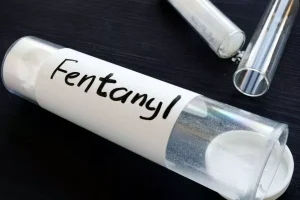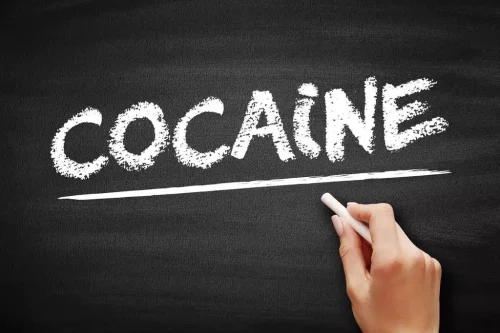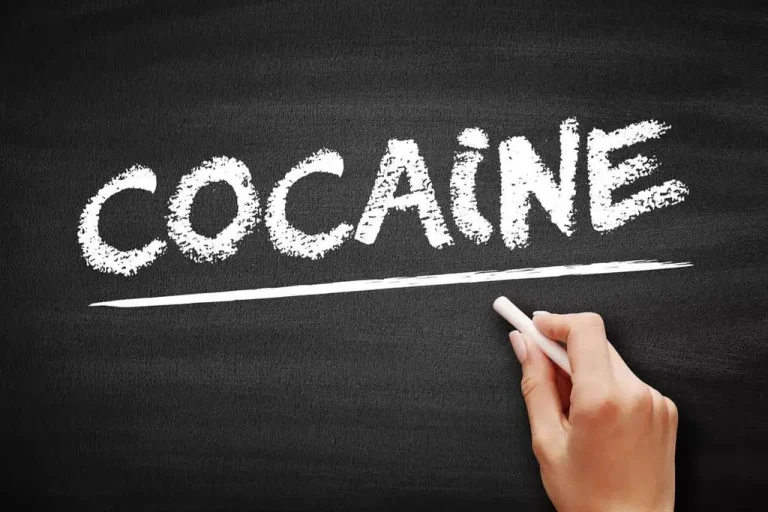Alcoholic Narcissist: How the Two Conditions Are Related

This might include joining Alcoholics Anonymous (AA) and other 12-step programs that offer nonjudgmental peer support to others living with AUD. You can also join a local support group offered by the National Association of Mental Illness (NAMI), which addresses substance use when NPD and other mental health disorders. Because a person with NPD will often approach therapy with ambivalence or negative feelings, they are more https://ecosoberhouse.com/ likely to discontinue therapy early or have a harder time tolerating the discomfort of the treatment process. Again, if care is not coordinated by a qualified mental health professional, the overlapping treatments can lead to drug interactions, unintended side effects, and the possible abandonment of treatment.
Signs of a covert narcissist
Consider visiting the Narcissist Abuse Support organization to find information and resources. The intent of giving for a covert narcissist is always more about them and less about those to whom they are giving. A simple, everyday example could be something like putting a tip in the jar at your local coffee shop. A covert narcissist would be much more likely to put their tip in the jar when they know the barista is looking, in order to help facilitate some kind of interaction that allows them to be praised for giving. Where the more overt, extroverted narcissist will be obvious in their elevated sense of self and their arrogance when interacting with others, the covert narcissist may be less obvious.
Characteristics of an Alcoholic Narcissist

Clear, consistent boundaries are crucial when interacting with a narcissistic alcoholic. Communicate limits calmly and directly, focusing on specific behaviors rather than personal attacks. Narcissism and alcoholism often co-occur, creating complex challenges for individuals affected by both conditions. These disorders can amplify each other’s effects and complicate treatment approaches.
What is a covert narcissist?
- This is another way to create leverage between them and another person.
- Personality disorders and substance use disorders occur together about 22.6% of the time, according to the National Institute of Mental Health (NIMH).
- Not everybody with narcissistic traits or NPD misuses alcohol.
- This free narcissistic personality test may be helpful in assessing whether or not you or someone you know display signs of narcissism.
If you think you’re misusing alcohol, or if you think you have NPD, reach out to a mental health professional. Everybody can benefit from speaking with a therapist, regardless of whether they fit the criteria for a mental health condition. In fact, some research covert narcissism and alcoholism suggests that alcohol misuse might be more common among people who have narcissistic tendencies.
- Aggressive behavior and pathological narcissism were linked to alcohol overuse in a 2017 study of Canadian men.
- One study found that among individuals who reported alcohol use, 9.1% were diagnosed with NPD at some point during their lives 1.
- Often this is because they have been conditioned not to compete with a domineering overt narcissist parent.
Traits of Covert Narcissists
- Vulnerable narcissists, such as those with covert traits, may use tactics like blame-shifting to avoid taking responsibility for their actions.
- You could start by engaging with a mental healthcare provider or treatment center that specializes in dual diagnoses.
- When dealing with covert narcissistic abuse, or any form of abuse, a safety plan can help protect you if a harmful situation escalates.
- Otherwise, there will be no blackout or brownout, no matter how much you drink.
- Look out for signs of abuse and work with a therapist who can offer guidance and support.
- To deal with different perceptions of what’s happening, it might be good to keep a journal of when issues or incidents arise and how they’re resolved, so you feel grounded in what you know.
While not all individuals struggling with alcohol addiction exhibit narcissistic traits, there is a notable overlap between the two conditions. Alcoholism refers to a chronic disorder characterized by an inability to control or stop drinking despite negative consequences. It is a condition that affects individuals from all walks of life and can have significant impacts on physical health, mental well-being, and relationships. Alcohol addiction can lead to a range of adverse effects, including liver damage, cognitive impairment, and strained interpersonal connections.
Narcissist as Grieving Infant

Narcissistic collapse describes an intense and sudden reaction characterized by bouts of anger, hostility, depression, and shame. The silent treatment is a form of retaliation that involves ignoring someone else, not responding to direct communication, or not being emotionally or physically available. They often isolate themselves from others, since they loathe criticism and are constantly comparing themselves unfavorably to other people. Medical supervision is crucial during alcohol detoxification to ensure safety and manage potentially severe withdrawal symptoms. Mood-related symptoms may include irritability, anxiety, and depression, especially when unable to drink.

A 2019 study found a link between vulnerable narcissism, shame, and an increased likelihood of problem drinking and gambling. Vulnerable narcissism features traits like low self-esteem, helplessness, and rejection sensitivity. People with covert narcissism also rely on others to build up their self-esteem.






